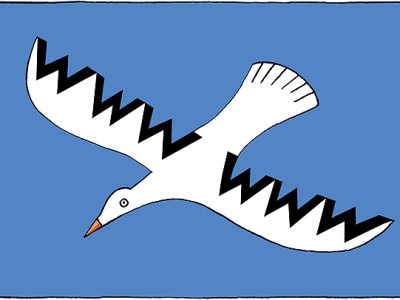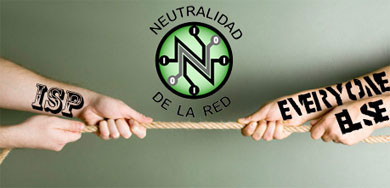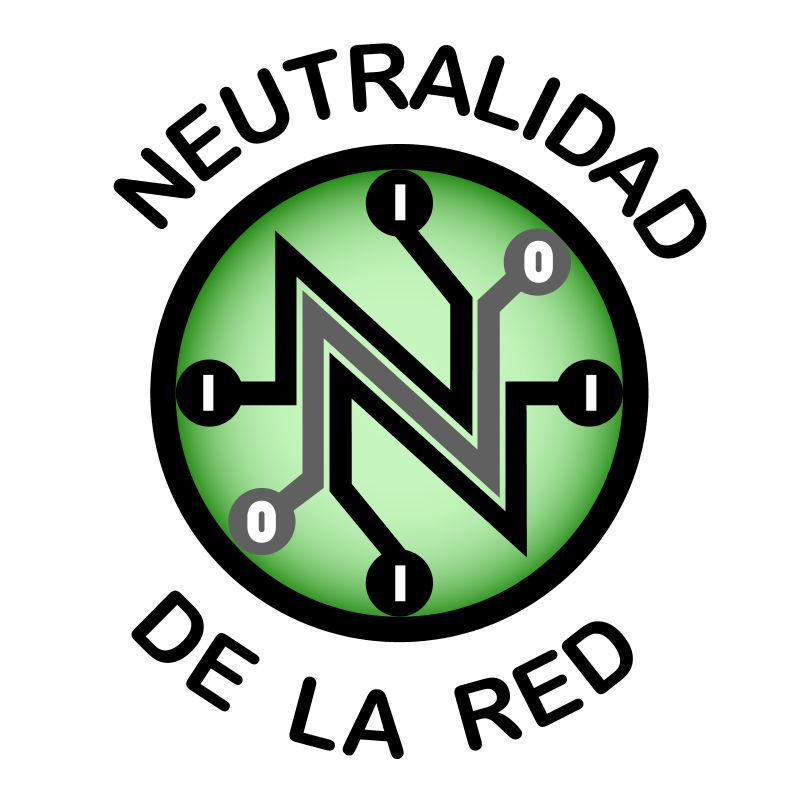Stories about Western Europe
Highlights from the 28th Chaos Communications Congress
The Chaos Communications Congress is the annual meetup of Germany's Chaos Computer Club, one of the oldest hacker collectives in the world. The programme mixes technical talks from the security and free software worlds with talks about online rights and hacktivism.
United Kingdom: Moves to police social media
Following the riots and looting in London and other parts of England last week, UK Prime Minister David Cameron made a strong statement indicating his government is looking into the legal and technical means to limit access to Blackberry Messenger, even Twitter and Facebook to stop “violence”. So we are...
China: Swedish student's passport confiscated for flash mob call
A Swedish student, Sven Englund studying in Shanghai Fudan University was summoned by Shanghai police for writing a letter to the Chinese President Hu Jintao in his blog. His passport has been confiscated after the interrogation. Below is the summon document issued by the Shanghai police: It stated that Sven...
Spanish intellectual property law and global netfreedom
Many of the challenges and threats that Egyptians, Tunisians or Libyans are facing are global and affect civil societies as a whole. Among these is the threat against the Internet as we know it and which is often taken for granted in Western countries like the US, France or Spain....
As International Privacy Day is Celebrated, Governments Continue to Chip Away at Privacy Rights
“Effective data protection is vital for our democracies and underpins other fundamental rights and freedoms.” – Viviane Reding, Vice-President of the European Commission and Commissioner for Justice, Fundamental Rights and Citizenship. Last Friday, privacy advocates and government officials in countries across the world celebrated the 5th annual International Privacy Day...
Hungary introduces press censorship
Press censorship is a common occurrence in many parts of the world, but one does not associate a democratic nation in middle of Europe to go this route. Well, Hungary wants to change that. According to The Raw Story, “Hungary's recently elected right-wing government has introduced a law demanding —...
Net Neutrality, Spain and Wikileaks
Previously, we’ve touched on the the topic of net neutrality , especially neutrality in Spain. Since last September, when Telefonica proposed to Spain’s Telecommunications Market Comission, to eliminate their flat fee and establish 3 tiers of service varying from quality and user’s data usage, things have been moving along.
Telefónica Spain and Net Neutrality
Spanish Bloggers are once again discussing net neutrality, but this time the focus is not on the Google-Verizon´s agreement and their policy offer in the U.S, but on something much closer and of immediate effect to them: Telefónica (the largest telecommunications service supplier in that country) and its proposal to...
Spaniard bloggers react to the Google-Verizon proposed policy
Spaniard bloggers have been very busy discussing and arguing about the recent Google-Verizon proposed policy for an open Internet. Most of them are against it because they consider it a very delicate subject because of the not so distant issue of the Sinde discussion when, “the Spanish Government announced at...
Italy: NO to Restrictions on Online Free Speech
While the recent WikiLeaks experience [EN] reveals aspirations to build “information freedom zones” with some help from Iceland [EN], the Italian government seems to be heading in the opposite direction. A Media and Wiretapping Bill [EN] that was under consideration by the Italian parliament for two years (harshly criticized by...
Italy: liability risk for bloggers?
One of the provisions of the Media and Wiretapping Bill currently being discussed by the Italian Parliament is that all “those responsible for information websites” will be required to issue corrections within 48 hours to any complaint regarding website content, whether blogs, opinion, comment and/or information in general. Corrections would...
Internet Freedom under pressure in Denmark
On 27 May the Danish Supreme Court upheld a lower court decision which obliges internet service providers (ISPs) to block access to websites that may contain – or link to other sites which contain – material which infringes copyrights (the Pirate Bay in this instance). The decision has rightly been...
Danish-Egyptian Biometric ID-Card Scrutinized Before Take-off
Danish aid is advanzing a joint venture that will sell sofisticated biometric identification technology to the Egyptian Ministry of Communication. NGO questions lack of oversight and evaluation of whether the technology can be used to advance surveillance.
Azerbaijan: Appeal of bloggers rejected ahead of National Media Day
On 20th of July, Baku Court of Appeals was going to consider the cases of Adnan Hajizada and Emin Milli, two youth activists and bloggers recently beaten and detained in downtown Baku and then sentenced for two months of pre-trial investigation detention. Friends and acquaintances of the detainees, as well...
The Dawning of Internet Censorship in Germany
Germany is on the verge of censoring its Internet: The government – a grand coalition between the German social democrats and conservative party – seems united in its decision: On Thursday the parliament is to vote on the erection of an internet censorship architecture. The Minister for Family Affairs Ursula von der Leyen kicked off and lead the discussions within the German Federal Government to block Internet sites in order to fight child pornography.
France: ‘3 Strikes’ Internet piracy law defeated in parliament
France's parliament rejected Hadopi (la Haute Autorité pour la diffusion des œuvres et la protection des droits sur internet) bill on Thursday (09.04.2009) with the ruling UMP party failure (21-15) to approve the law. The law proposed two warnings and then, after a third violation, disconnection from the Internet for...
MEPs urge European internet and telecommunication companies to sign Human Rights code
According to a press release we've received from MEP Jules Maaten of the Dutch conservative VVD party, eight Members of the European Parliament called today European internet and telecommunication companies to join The Global Network Initiative and sign the Human Rights code, designed to safeguard human rights and freedom of speech online. The Human Rights code was recently signed by Google, Microsoft and Yahoo!
Worldwide protest against surveillance: Freedom not Fear 2008
Surveillance and data retention is a problem that deserves Global attention, even for developing countries. In developing countries protests for such causes are sometimes not among the list of priorities, such as poverty, hunger and violence, which are the major concerns. Not quite. In Peru, breaking news points to surveillance coming from the government, and recently in Guatemala, the President himself was under heavy surveillance.
Portugal: First blog ever to be blocked
June saw for the first time ever a blog suspended in Portugal because of a local court decision. The now defunct Póvoa Online blog had been taken to court by Póvoa do Varzim’s council president, Macedo Vieira, and his deputy, Aires Pereira, who claimed the bloggers had been using the blog merely to defame them. The court concluded that most of the blog’s content were opinionated articles, and that its authors criticized Macedo Vieira and Aires Pereira not only as the council’s president and vice-president, but also as “citizens, fathers, family members and friends”.
EU: Towards a European Global Online Freedom Act
The European Parliament has passed a proposal (571 in favor, 38 against) to treat Internet censorship by national governments as a trade barrier. The proposal was submitted by European Parliament member (MEP) Jules Maaten of the Dutch conservative VVD party. The adopted Maaten amendment calls on the European Commission, “to...


















